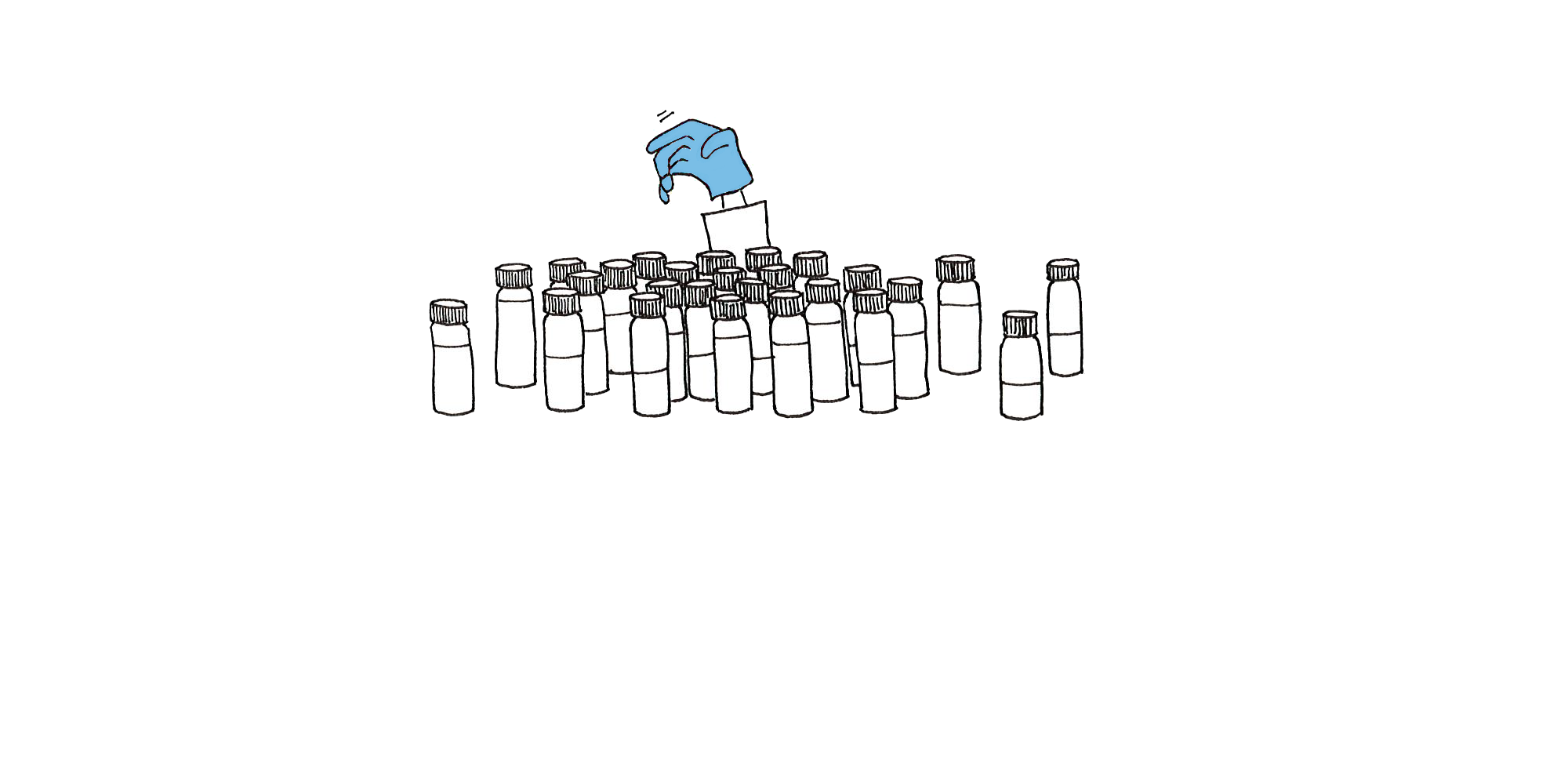This is what science is made of: Long stretches of I-have-no-clue-what-this-means, but as you go along with it, you might find a light bulb or two (or more like, a couple burning candles)*.
Sometimes, you will go through literature and concepts which make no sense to you. You will go over them again and again without absorbing anything (like when you have to go over a sentence twice just to confirm that it is (indeed) written in English). Did you perhaps miss a lecture in your classes? Missed a lesson life might have been trying to teach you at some point in the past? Or are you just missing the point here? Were you just not made for this? Did that escalate really quickly**?.
You will feel hopeless and a failure and start debating every life decision you have made leading you to this particular research article. But, in time, you will find this is not entirely true. You will realize (at some point) that all that reading and going through concepts, again and again, was actually going through to your brain in some way. And that you are definitely not as dumb as you had started to think you were (not too many self-esteem points, though – you are still capable of dumbness, just not as much as you had begun to believe).
Somewhere along, you see that it has started to make some sense. That definitely this line that you are reading right now, this would have been complete nonsense a couple journal articles ago.
It doesn’t happen all of a sudden, not (at all) like someone has switched on a light bulb. But the vision slowly clears and you can see a little more. It’s like each new paper you go through, you start to understand everything just a bit better than before (in some kind of a cumulative effect).
That all that wandering wasn’t getting you lost. That there’s still hope for you (probably).
*This definition may differ from scientist to scientist.
**The answer is yes.
